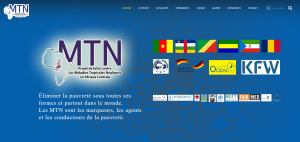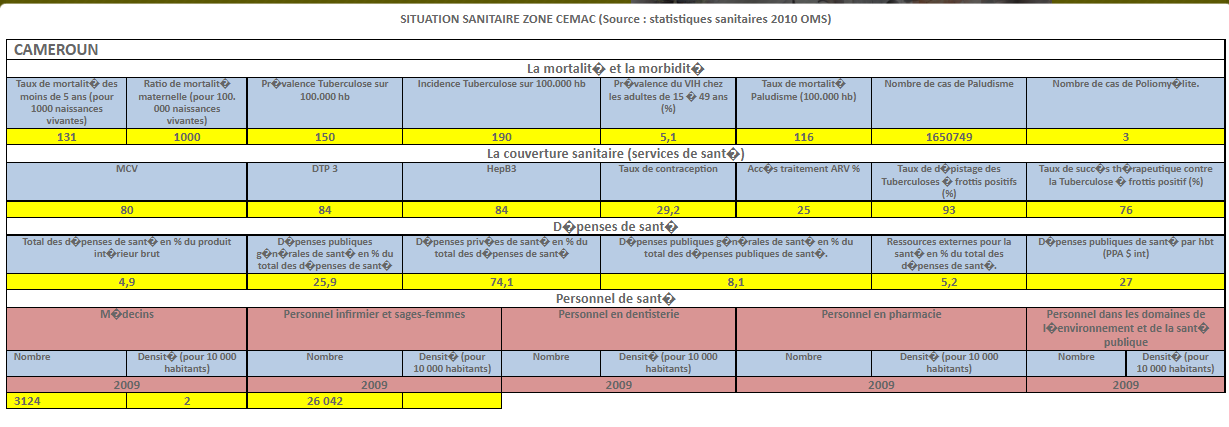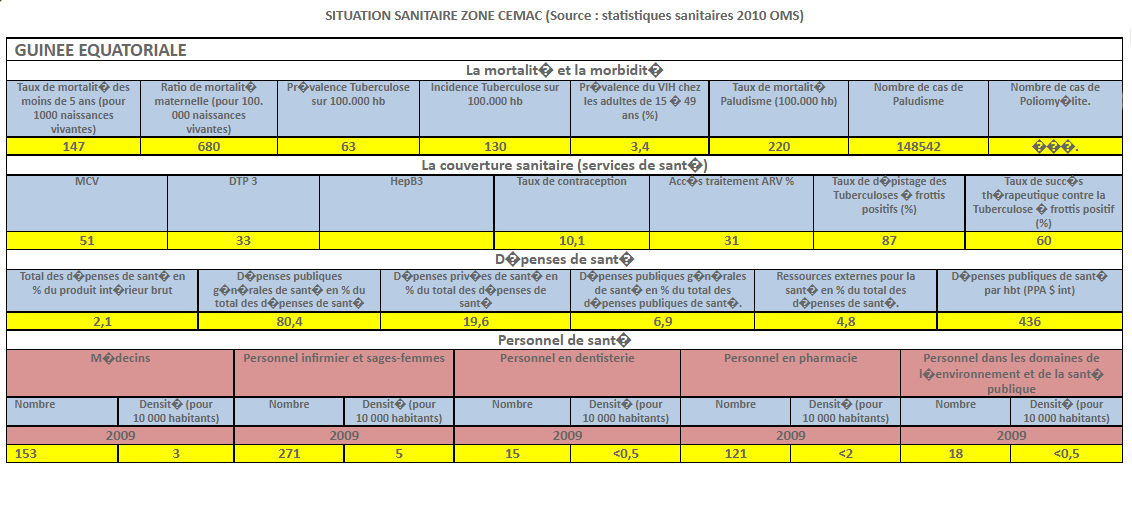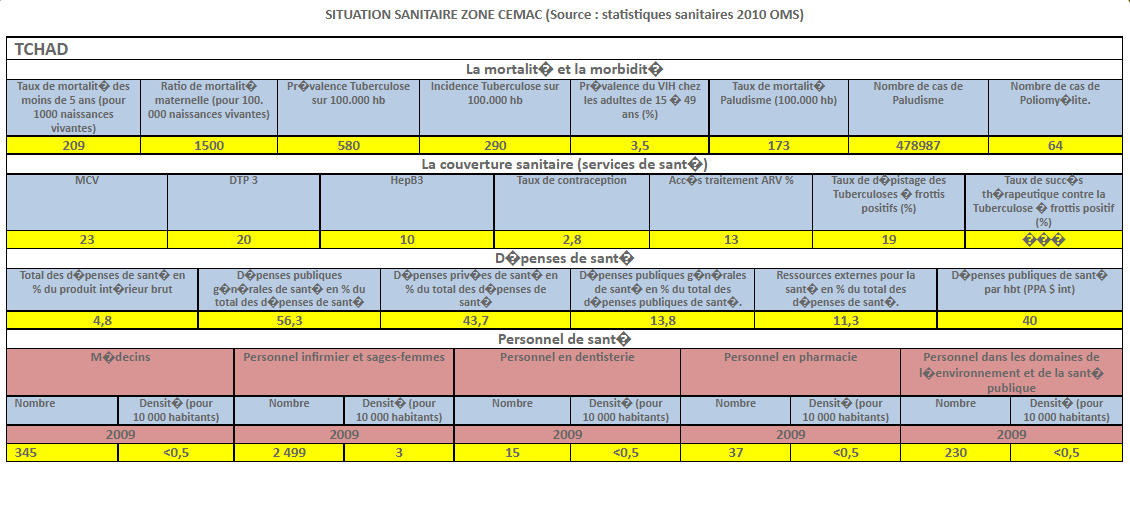Research on endemic diseases (malaria, HAT, HIV-AIDS, Tuberculosis, etc.) and diseases with epidemic potential (arboviruses, hemorrhagic fevers, etc.) is one of the assigned missions. es to OCEAC as the CEMAC health policy executing agency. The research is of a strategic, operational, fundamental or experimental type and the main lines of research relate to:
- Epidemiological surveillance of diseases
- Biological and genetic characterization of vectors and parasites
- Chemoresistance in the parasite
- Vector resistance to insecticides
- Pathogen-vector interactions during biological transmission
- Vector and parasite control strategies and methods
These lines of research are implemented within the framework of joint research projects with institutional partners at the local level in CEMAC member countries (control programs or committees, Ministries of Health, Universities , etc.),� regional (WHO-EIP, PATTEC, NEPAD, ECCAS, etc.) and international (France, United Kingdom, Mali, Burkina Faso, Kenya, European Union, World Bank, EDCTP, etc. ). Some ongoing research projects at OCEAC:
- Projet MALVECBLOK FP7-HEALTH-2007 223601 (collaboration IRD): “�Population biology and molecular genetics of vectorial capacity in Anopheles gambiae�: targeting reproductive behaviour and immunity for transmission-refractory interventions” (PI: Dr Elena LEVASHINA, IBMC-CNRS Strasbourg, France)
- Projet INFRAVEC FP7-HEALTH-2007 228421 : “ Research Capacity for the implementation of genetic control of mosquitoes” (PI: Pr Andrea Crisanti, Imperial College, UK)
- Projet Gates (collaboration OMS) : “ Implication of insecticide resistance on malaria vector control” (PI: VCP/GMP-OMS)
- Projet Wellcome Trust 096437 (WT grant): “ Investigating patterns of insecticide resistance in Central African populations of Anopheles funestus, a major malaria vector” (PI: Dr Charles Wondji, Liverpool School of Tropical Medicine and Hygiene)
- Projet Wellcome Trust 086423MA (WT grant): “ Impact of Urbanization on malaria vector population dynamics” (collaboration avec Liverpool School of Tropical Medicine and Hygiene)
The activities carried out within the framework of these projects are promoted through scientific publications, participation in international congresses and symposiums, the development of strategy tools (epidemiological profiles , entomological, etc.) and the training of professional (civil servants, health workers, etc.) and academic (doctors, masters and PhD) personnel. The OCEAC technical platform includes:
- 02 insectariums including 01 under renovation
- 01 molecular biology laboratory with standard equipment (PCR devices, centrifuges, spectrophotometer, water bath, distiller, electrophoresis tanks, image capture system, hoods, etc.)
- 01 biology laboratory with microscopy and parasite filtration units (MACS system),
- 02 medical entomology laboratories with taxonomy units (morphometry, biometry and cytogenetics), behavioral studies in microcosm and experimental mosquito feeding (system AFP)
- 01 practical work laboratory with a capacity of 20 learners.














